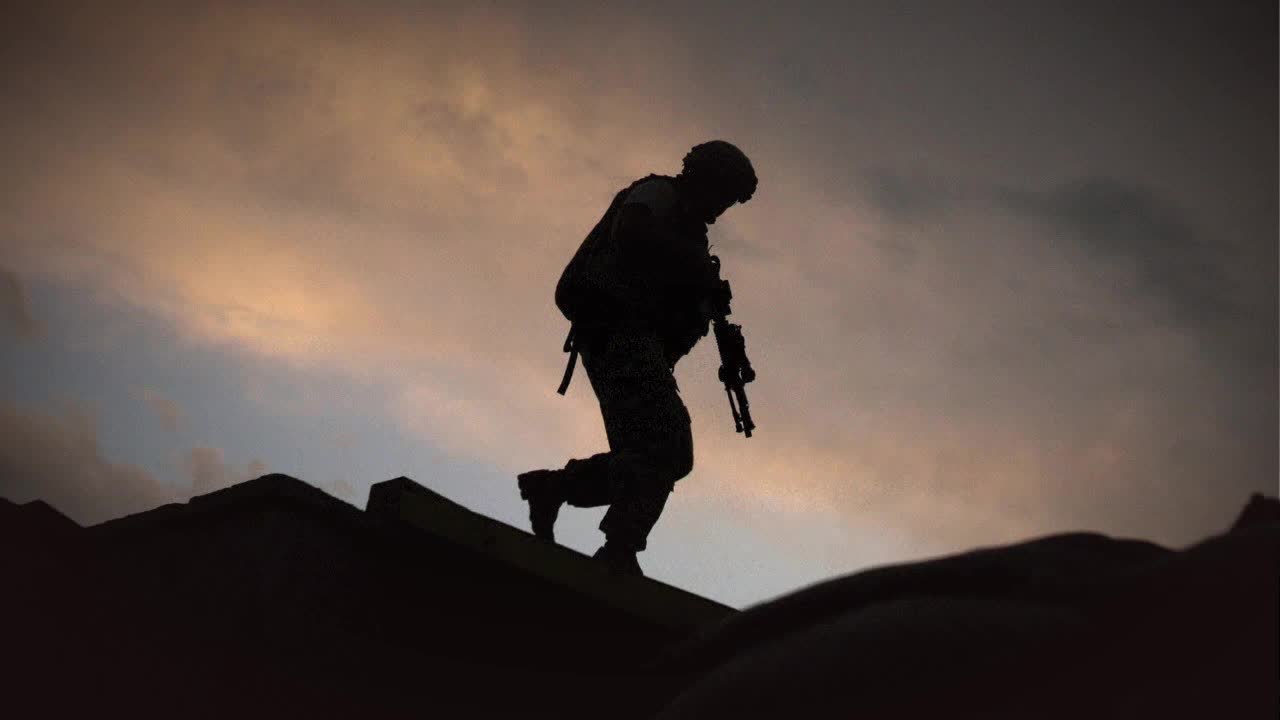COMPACT Act expands free emergency care for veterans, sets goal of ending veteran suicide
[anvplayer video=”5158046″ station=”998122″]
It’s called the COMPACT Act, and it has the power to help millions of Veterans receive emergency care for free.
Starting Tuesday, no matter their VA status, veterans can receive free emergency care at any health care system if they’re in a suicidal crisis.
“Veterans in acute suicidal crisis will be able to go to any VA or non-VA health care facility for emergency health care at no cost – including inpatient or crisis residential care for up to 30 days and outpatient care for up to 90 days. Veterans do not need to be enrolled in the VA system to use this benefit,” the U.S. Department of Veterans Affairs described in a release.
While there are some requirements for length of service, it’s believed this could help up to nine million veterans.
Eligible individuals, regardless of VA enrollment status, are:
- Veterans who were discharged or released from active duty after more than 24 months of active service under conditions other than dishonorable.
- Former members of the armed forces, including reserve service members, who served more than 100 days under a combat exclusion or in support of a contingency operation either directly or by operating an unmanned aerial vehicle from another location who were discharged under conditions other than dishonorable.
- Former members of the armed forces who were the victim of a physical assault of a sexual nature, a battery of a sexual nature, or sexual harassment while serving in the armed forces.
“They don’t have to worry about getting a bill, they don’t have to worry about figuring out the eligibility, they can just show up to the VA, [or any hospital],” Eric Wittenberg, Minneapolis VA Hospital’s suicide prevention coordinator, said.

Allina Health said Veterans need to go to their emergency department for the free care under the COMPACT Act.
“Access is huge when it comes to actually making substantial movement,” Dr. Kerry Brockberg, licensed psychologist with Allina Health, said about working toward ending Veteran suicide.
“Take a chance, reach out, there are people that want to support you, that value you, that want to make sure that you know you are important, especially when you’re in those times where you’re feeling like there’s no other options,” Brockberg added.
Some progress has already been made in Minnesota. According to the state’s department of Veterans Affairs, for the first time in many years, the number of Minnesota Veterans who died by suicide in 2021 was fewer than 100 at 94 people.
Alissa Harrington’s brother, Justin Miller, was one of the 103 Veterans in the state to die by suicide in 2018.
“If he was going to be a Marine, he wanted to be a Marine,” Harrington said, adding, “That to him meant going through boot camp, going through combat training, and doing whatever it took to be a Marine – and he was very proud of that.”
Miller was deployed to Iraq in 2005. He made it home but faced mental health challenges. In February 2018, Miller checked into the Minneapolis VA Hospital for a few days after reaching out to the national suicide hotline; a day after he checked himself out, Harrington said her brother was found dead by police in the parking lot of the hospital.
“Having more options available weaves a tighter blanket of protection for our veterans,” Harrington said about the importance of the COMPACT Act.
“It won’t bring my brother back, but I do hope these changes mean that more veterans are able to make it out of the parking lot and home to their families,” Harrington said.
If you, or someone you know is in crisis, you can dial 988 to reach the Suicide Crisis Lifeline – Veterans then press 1 to reach the Veterans Crisis Line.
Find additional mental health resources below.
Here is a list of suicide prevention and mental health resources:
- U.S. National Suicide Prevention Lifeline at 988 or 1-800-273-TALK (8255)
- Minnesota Department of Health’s Suicide Prevention Program
- Minnesota Department of Human Service’s adult mental health resources
- The National Alliance on Mental Illness (NAMI) – Minnesota
- Veterans Crisis Line at 1-800-273-8255, Press 1
- Minnesota Farm and Rural Mental Health Helpline at 833-600-2670, ext. 1
- Crisis Phone Line – In the Twin Cities metro area, call **CRISIS (**274747) from a cellphone to talk to a team of professionals who can help.
- Crisis Text Line – Text MN to 741741 to connect with a trained crisis counselor to receive free, 24/7 crisis support via text message.
If you believe someone is at risk of suicide, the U.S. Department of Health and Human Services suggests you:
- Ask questions about whether the individual is having suicidal thoughts.
- Call the U.S. National Suicide Prevention Lifeline at 988 or 1-800-273-TALK (8255).
- Seek help from a medical or mental health professional. If it is an emergency situation, take the person to a hospital.
- Remove any objects from a person’s home that could be potentially used in a suicide.
- Do not leave the person alone, if possible, until help is available.
The U.S. National Suicide Prevention organization has also compiled a list of resources to help with coping during the COVID-19 pandemic.